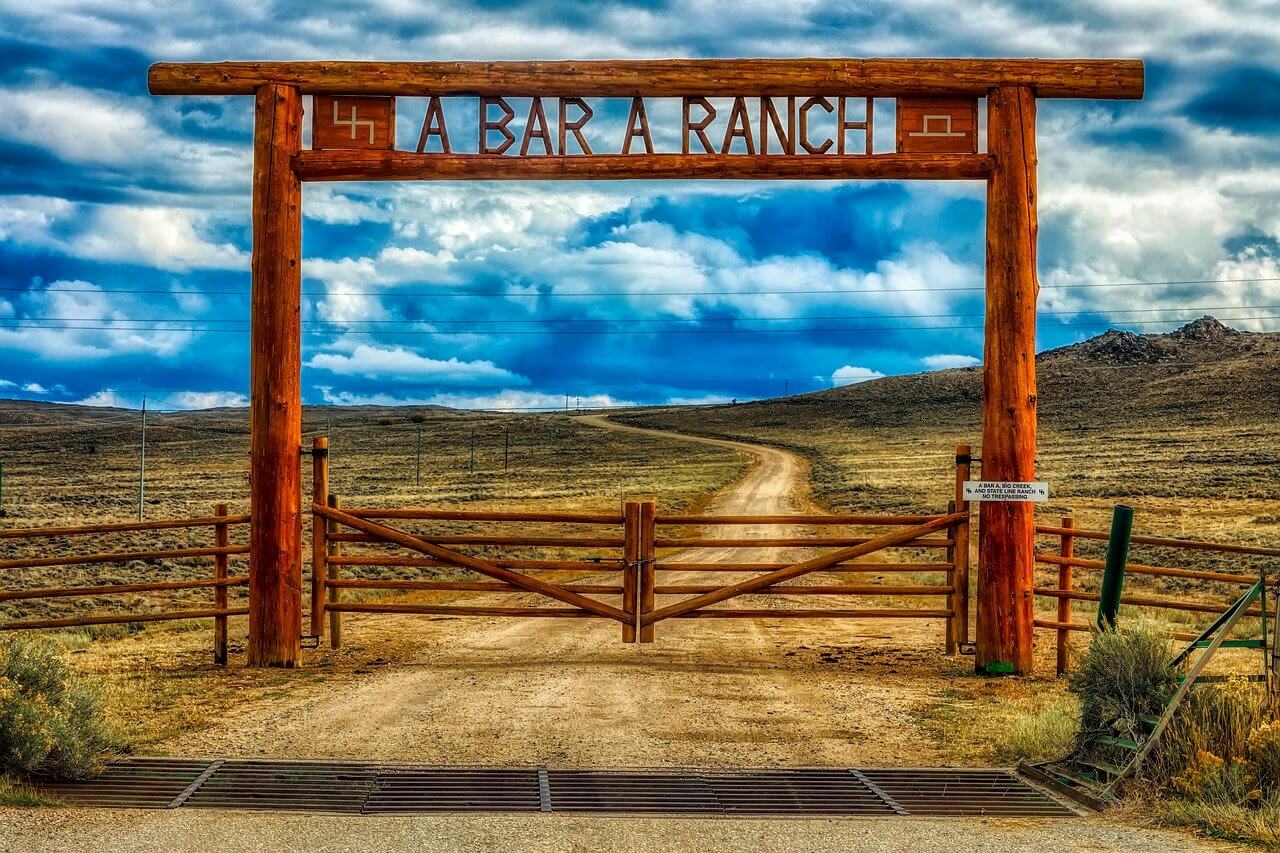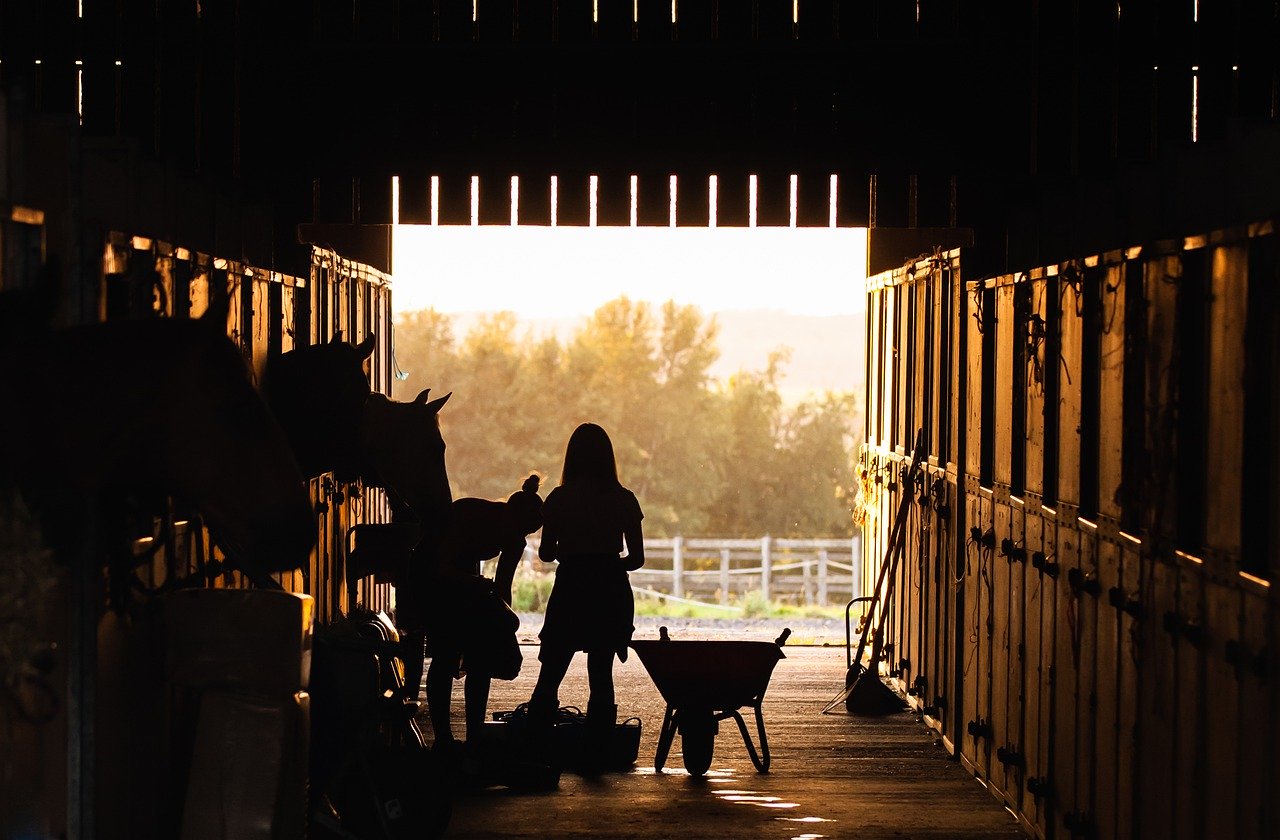Wide, open spaces, plenty of animals, and the freedom to come and go as you please – for many, owning a ranch is the quintessential American dream. However, in order to be successful in achieving this dream, you need to know how to buy a ranch that will pay for itself. Here are some tips.
What You'll Learn Today
Can You Make Money Owning a Ranch?

Owning a ranch offers a variety of benefits – many of them intangible. You’ll be able to spend time with your family – uninterrupted – and enjoy nature at its finest.
If you choose the property wisely and are smart about how you manage the land and animals therein, you can also make some money while owning a ranch, too.
In fact, some financial experts suggest that a well-run ranch can earn up to 3% of its total price in income back each year – this is more than enough to pay for its expenses and provide a decent return on the investment.
Of course, not all ranches will see this kind of profitability – and many lose money. Therefore, it’s important to know what to look for when buying a ranch (as well as how to properly manage it) to get the best return on your investment.
Questions to Ask When Buying a Ranch
In order to make money owning a ranch, you will want to ask yourselves these questions (before buying!).
1. How Much Money Do I Need to Buy a Ranch?
When figuring out how much money you should set aside to buy your ranch, there are lots of variables to be considered.
For example, is it already a working ranch? If so, you will likely pay a minimum of $1,000 an acre – likely more, depending on where you live.
If it’s not, then you might be able to pay less, but know that you’re going to have to make significant upgrades to the land. You may have to clear trees, install drainage systems, build roads, and erect fences.
In addition to buying the land for the ranch, don’t forget that you’ll need to invest in other forms of infrastructure and facilities, too, such as:
- The livestock
- Trucks, stock trailers, and tractors
- Squeeze chutes
- ATVs
- Corrals
- Barns and fences
- Feed and hay
- Veterinary bills
- Marketing
- Breeding supplies
….and more! As you can see, buying a ranch is quite a significant investment. Be sure to come up with your own farmland assessment checklist of what you want your land to have before you start shopping – that way, you can make a smart decision before you sign those mortgage or lease papers.
In this video, you will learn more about things you should consider when buying any kind of farm or ranch land:
2. Finding the Right Ranch Property
Ranches that are in the best location and offer the best habitat for wildlife are those that will weather financial ups and downs the best – and recover the quickest.
One of the biggest considerations you’ll need to make when shopping for ranch realty is your water rights. Water is heavily nuanced. Public access is a concern – and this is something that varies from state to state.
Research is necessary, especially if you plan on grain animals near the water or fishing on the property (or are concerned about other people wandering onto your ranch property to do so).
You will also need to research mineral rights. Land rights and mineral rights don’t always go hand in hand – you will need to consider whether other owners have claims to your land. If they do, there’s a chance they’ll drill or mine on your property (with no profit for you) in the future.
Ask yourself the following questions when buying your ranch:
- How many animals will the ranch support?
- How much of my time will this property require (do you need to build fences, erect barns, clear land for pasture space, etc)?
- Does the selected parcel offer any tax savings?
- What does the population look like in the nearby town – and is there the potential for it to grow?
- What do hunting and fishing rights look like?
- Is there any groundwater contamination?
- What about flood potential and the natural drainage of the land (be sure to consider things like the location of archaeological sites or wetlands, too)?
- Will I need to build roads through the property and if so, will they intersect adjacent properties? Can I legally do this?
- What is the soil quality like in terms of its salts, pH, organic matter, etc?
Conservation easements are important to consider, too. You can sell easements to organizations with interests in protecting the land for environmental reasons but it may detract from the value of your land in some cases. In others, it can actually cause it to be appreciated.
3. How Do Ranchers Pay for Themselves?
There are several ways you can make your homestead ranch profitable.
The most common are in:
- a) raising cattle, or
- b) offering recreational opportunities to visitors in an “agro-tourism” type of operation.
Cattle ranching tends to be the more stable of the two options – people always need to eat. In an economy that’s seen a recent (and relatively major) decline in tourism due to the COVID-19 pandemic, agro-tourism, on the other hand, is only just starting to make a recovery.
However, both options can be profitable. In order to maintain grazing rights and agricultural tax status, you’ll need to be doing something with the land. That’s why most recreational facilities still have working ranch operations – they have cattle grazing despite offering things like hiking or hunting, too.
Is Buying a Ranch a Good Investment?

It’s tough to say whether buying a ranch is a good investment since much of this will depend on external factors that can fluctuate from year to year – or even day to day.
As an agricultural commodity, cattle prices fluctuate based on global supply and demand. At best, a calf, when weaned, is worth up to $400, but when you account for other variables (such as mortality, breeding failure, and breeding stock replacement) you may only get a hundred dollars or so.
In addition, there’s often not a huge profit margin on small ranches. Without an economy of scale, a small ranch might have trouble making big profits each year.
Therefore, you’ll need to be conservative when deciding if a ranch is a good investment for you – don’t put all your money in the metaphorical basket! Instead, consider ways you can make your ranch more profitable – instead of sitting back and waiting for it to do all the work for you.
It takes hard work to make your ranch pay for itself, but rest assured – it can be done.
I want to join.